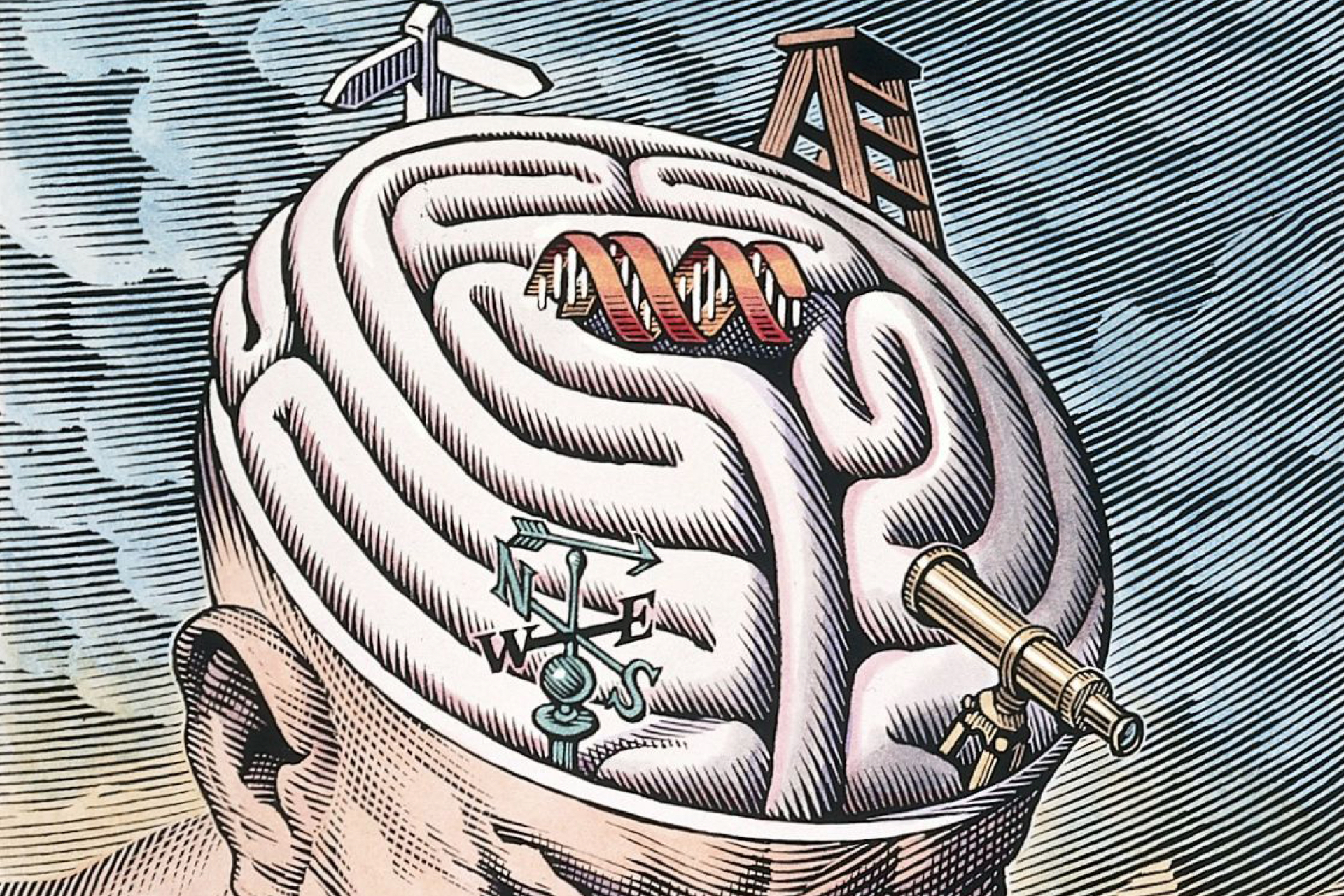Around one in six children born in 2019 as a result of IVF treatment in the UK was conceived using a donor egg, sperm or embryo, a rise from one in thirteen in 2007. Despite this growing trend in successful donor conception, demand for gamete donation continues to outstrip the availability of donor eggs and sperm in the UK.
The compensation of donors is an important and controversial aspect of gamete donation. We need to ask, are UK donors appropriately compensated and is it fair and legal that foreign donors are compensated less than those in the UK?
Compensating gamete donors: the legal context
The Charter of Fundamental Rights of the European Union prohibits making the human body and its parts a source of financial gain. At the same time, however, European law recognises that bodies and parts can, and do, bring significant human benefits, notably in the case of blood, tissues and cells, including human gametes, that are intended for clinical application. The challenge for legislators and regulators operating under these principles is how to encourage donation of such entities without making them the objects of trade.
A common European approach to this problem appears in the EU Tissue and Cell Directive (EUTCD). Prior to Brexit, the UK implemented the EUTCD in its domestic law, where it remains. The European Commission has proposed a successor to the EUTCD, a new EU Regulation on standards of quality and safety for substances of human origin intended for human application (SoHO). The proposal has yet to pass through the European Parliament, but the Westminster government, though now excluded from the legislative process, has stated that it will follow SoHO. In short, UK law on the donation of gametes remains comprehensively aligned with the EUTCD and its successor.
The EUTCD states Member States can ensure that gamete donors are compensated, provided that they limit the compensation to 'making good the expenses and inconveniences related to the donation'. Of particular importance, the EUTCD requires each state to define the maximum amount of compensation payable for donations carried out in their jurisdiction.
Compensating UK gamete donors
In the UK, the discretion to set donor compensation levels is devolved to the UK's national authority with responsibility for the governance of gametes in a clinical setting: the Human Fertilisation and Embryology Authority (HFEA). The HFEA exercises this delegated discretion by permitting donors to be compensated up to £750 per cycle of egg donation. This cap was fixed by the HFEA in October 2011, based on the system in Spain at the time. Egg donation is of course a lengthy process, typically involving 10-15 different clinic appointments/activities, and this compensation cap was intended to take into account expenses and loss of earnings, as well as time spent and lifestyle alterations required during this cycle in late 2011.
Since this cap was fixed, the level of compensation for UK donors has been increasingly questioned, particularly in light of the 'cost of living crisis', as recently illustrated at an event held by PET, the Progress Educational Trust (see BioNews 1208). The limit is also perceived by critics as inconsistent with the HFEA's approach to egg sharing, which enables women to receive a reduction in the cost of IVF treatment to a value that often far exceeds £750 if they agree to donate a number of eggs during the process.
Compensating foreign gamete donors
Even if the HFEA were to increase its domestic compensation cap in line with inflation, it would still face criticism for unnecessarily impeding access to donations meeting UK clinical standards that are provided from elsewhere in Europe. This is because HFEA rules only permit compensation of up to £250 per non-UK donation cycle, irrespective of whether or not that donation is regulated by the EUTCD or, indeed, is compliant with it.
The HFEA offers no explanation for this foreign donation cap. However, its practical effect is that where the European state in which donation takes place sets its compensation level at more than £250 (as most, like the UK itself, do) it will not be permissible to use in a UK clinic.
As one speaker at the PET event observed, whether or not it was intended, the foreign donation cap gives the appearance of discrimination on grounds of nationality. The cap impedes the access of women in the UK to eggs of exactly the same standard as those procured within the UK and drives many to seek treatment outside the UK. Depending on the country in question, such cross-border reproductive care not only adds to travelling costs, but invokes a number of potential risks, including differences in donor screening, rights and identification.
Resolution
How can this situation be resolved? The waning incentive for domestic donation might be remedied by increasing compensation in line with inflation, perhaps subject to annual revision. However, the compensation cap on European donations would not be alleviated by merely raising the donor compensation limit for imported eggs in line with inflation, to say £350. Even then, the cap would be far below the legal entitlement of donors, effectively blocking UK access.
Another approach might be to raise the foreign donation cap for EUTCD-adopting states to that of the UK domestic cap. This might work where the amount of compensation payable in the donor state is no higher than that of the UK. However, because national compensation will be a reflection of a state's economy, different states will have different compensation rates. Consequently, UK women would still be prevented from accessing donations from states that allow greater compensation than that set by the HFEA's foreign donation cap.
Would a better approach towards compensating foreign egg donors be for the UK to respect the sovereign discretion required to be exercised under the EUTCD? This would mean that the donor compensation cap for imported gametes would be that of the state of donation, not that of the state of receipt. It seems reasonable to anticipate that this approach would help to alleviate the poor supply of gametes to recipients in the UK, reducing waiting times and minimising the likelihood of recipients travelling abroad for treatment.
Access to gametes is a matter of concern to a person's private and family life, and thus susceptible to Article 8 of the European Convention of Human Rights. As such, any state interference has to be justified on grounds such as health or morality. Perhaps the foreign donor compensation cap was justified on one or other of these grounds. However, there is no evidence that the HFEA sought to weigh the relevant competing individual and public interests or ever considered the proportionality of its restriction, nor that the UK government ever debated it?
Is it time to revisit the foreign donor compensation cap for European gamete donors?






Leave a Reply
You must be logged in to post a comment.